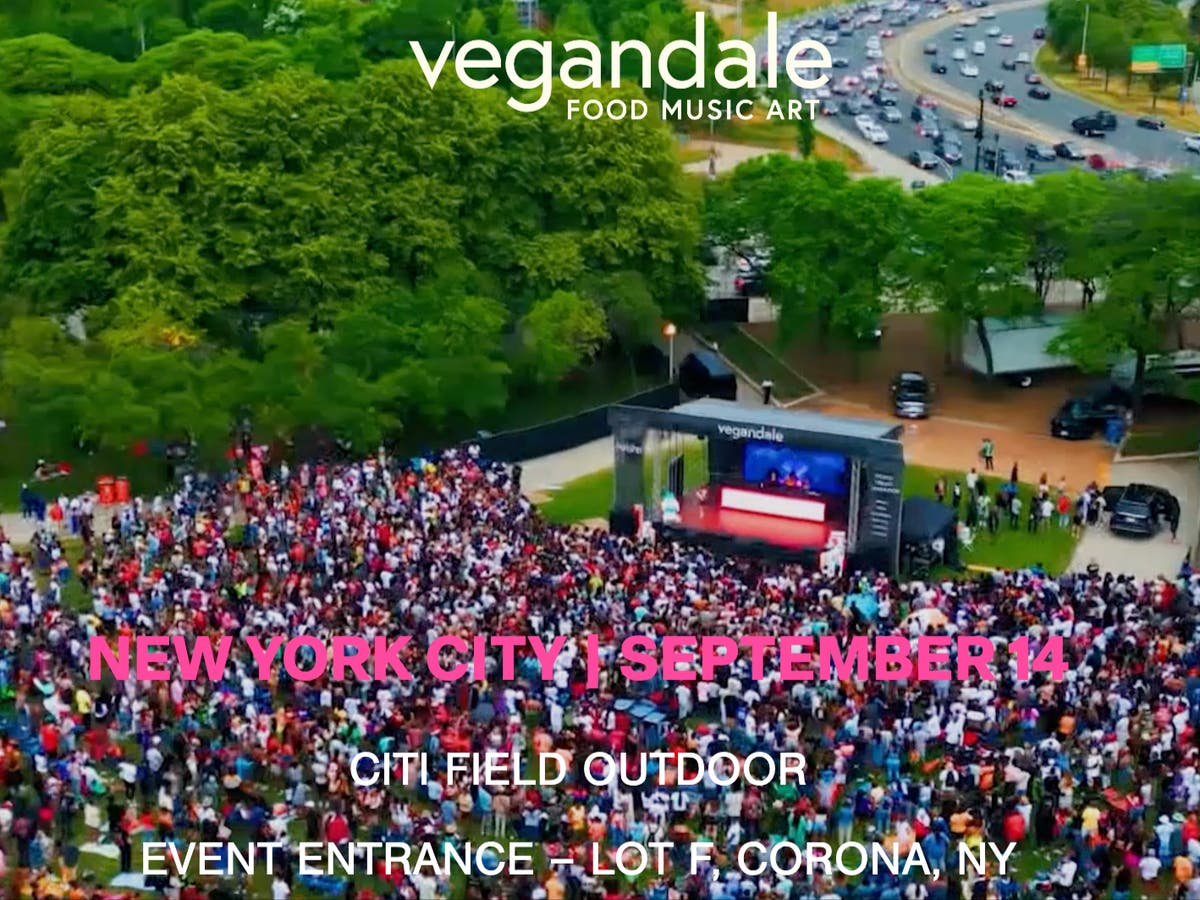Private property, no trespassing, gated communities, fences, bisecting rail lines, security guards, locked doors to public spaces and dirty looks — we are perpetually instructed and habituated to the fact our movement is restricted fully based on racial inequality, colonial dispossession and the radical assumption that free markets will determine who is worthy enough to own property or not. Read this article for free: Already have an account? To continue reading, please subscribe: * Private property, no trespassing, gated communities, fences, bisecting rail lines, security guards, locked doors to public spaces and dirty looks — we are perpetually instructed and habituated to the fact our movement is restricted fully based on racial inequality, colonial dispossession and the radical assumption that free markets will determine who is worthy enough to own property or not. Read unlimited articles for free today: Already have an account? Private property, no trespassing, gated communities, fences, bisecting rail lines, security guards, locked doors to public spaces and dirty looks — we are perpetually instructed and habituated to the fact our movement is restricted fully based on racial inequality, colonial dispossession and the radical assumption that free markets will determine who is worthy enough to own property or not.
This reviewer was most recently stopped in his tracks when, on a walk along Lake Winnipeg, a small sign indicated a certain section of the beach was “private.” Access to the 11th-largest freshwater lake on the planet was deemed, at some point, exclusive, and a tiny reflective white sign provided all the gumption and authority to argue the point. Try accessing the ocean in an American city and you’ll soon realize that access to the commons is a faded memory.

The taken-for-grantedness of land theft, dispossession and ownership is the central inquiry of Calgary-born, New York-based journalist Audrea Lim in her latest work . Lim performs a conceptual and historical analysis of land and property ownership — and its accumulation into the hands of the few (and white) — to the degradation of the biosphere, climate change, racial inequality and, ultimately, poverty. Laura Rauch / The Associated Press files Calgary-born, New York-based Audrea Lim argues the notion of private property is woven into the fabric of Western civilization.
Land theft and dispossession, neo-liberal policies which promote resource exploitation and the exclusion of Indigenous and racialized people from land stewardship are Lim’s central themes as she frets about the survival of not only our species, but the millions of species for which we are writing a certain script. A massive realization for Lim was that the climate crisis “was woven into the same story of Indigenous dispossession from their lands, a process that left tribal nations unable to protect their environments and maintain cultural identities.” European greed and a sense of superiority over nature and Indigenous peoples — coupled with industrialization and the religious justification to exploit both human and natural resources — ushered in an era that has fundamentally changed the face of planet Earth and heralded a new geological age: the anthropocene.
Rooted in Alberta and a witness to ecological devastation in that province, Lim’s thinking and writing amounts to her “realization that the commodification of land is driving many of America’s most intransigent problems: ecological collapse, climate change, systemic racism, the housing crisis, economic inequality.” Very rarely do governments think in systems, but rather in four-year cycles. And yet we are to believe solving massive social challenges are divorced from exclusive and restricted cultural norms surrounding who gets to own land and who doesn’t.
Part of the problem, according to Lim, is that the notion of private property is fully wedded into the very fabric of Western civilization. School systems are dependent on the value of residential and commercial property values. Social status is determined by whether you own land or a house or whether you rent.
Indigenous peoples in both Canada and the U.S. were removed from their land to make way for “progress.
” As Lim posits, “A society’s relationship to the land is intertwined with the relationships between its people and in America, private property mirrors our core social value, individualism.” Free the Land If you’ve ever questioned why someone is on your property or running down your treed and luxurious paved crescent, you are part of a system that argues that some people have the right to be on the land and others do not. Lim also argues, particularly in urban contexts — where New York City becomes the focal point — that certain parts of cities become massive generators for racial and social disparities.
Even with public goods such as libraries, swimming pools and street repair, Lim argues, more affluent communities tend to be better serviced and better maintained. As she does repeatedly throughout the book, Lim summons the famous musing of filmmaker Spike Lee: “Why does it take an influx of white New Yorkers for the facilities to get better?” Monday mornings The latest local business news and a lookahead to the coming week. One wonders whether, in our society, the same experience bears fruit.
Despite the current state of affairs, there is hope to be found. Lim provides ample examples and stories of land-back movements, community land trusts, conservancy organizations attuned to reconciliation and reparations, Indigenous resistance and collective and egalitarian organizations set to level the playing field (pun fully intended). Often led by women, cooperative models of land stewardship and control are slowly challenging western norms of land ownership.
The undercurrent of Lim’s work — a pathway to offering substantive solutions to poverty, systemic racism and ecological collapse — is through surfacing the profound gap between a society founded on individualism and one on collectivism and cooperation. Stunningly, she pushes older social democratic notions of affording everyone a decent life to a deeper idea — of abundance for all. What if? Audrea Lim photo Audrea Lim is a provocative what if — an invitation to readers to begin thinking differently about who controls land, how we reframe our relationship with it and how we ensure everyone has the means to live in abundance and thrive.
Matt Henderson is superintendent of Winnipeg School Division. Free the Land: How we can Fight Poverty and Climate Chaos By Audrea Lim St. Martin’s Press, 320 pages, $40 Advertisement Advertisement.


















